
When it comes to giving at-risk Americans access to the mental health services they need, prevention is far better than detention, new research confirms. However, a majority of the 950 U.S. counties surveyed in the report do not offer access to the types of mental health and substance use disorder services that can save communities money and prevent incarceration. “Most counties offer only a tiny fraction of the community services that are necessary to keep people out of jail,” said study author Jennifer Johnson, a professor of public health at Michigan State University. “We’re hoping that by publishing this article, county administrators will look at the list of services that they don’t yet offer and try to make them happen,” Johnson added in a university news release. Her team surveyed the availability of 59 mental health practices that are known to help at-risk folks stay healthy. The survey asked people representing the counties studied if such programs might be accessible “to people interacting with police, 911, courts, jails, probation or parole.” The results were disappointing. For example, only about 29% of counties offered permanent supportive housing to people with mental health conditions, while even fewer (about 27%) offered what’s know as assertive community treatment. According to the U.S. Department of Health and Human Services, assertive community treatment is “treatment, rehabilitation and support services using a person-centered,… read on > read on >













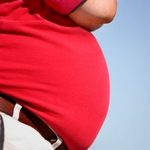


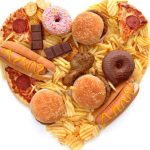
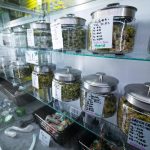


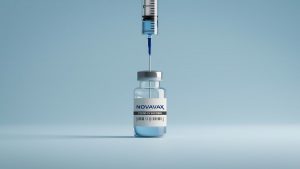
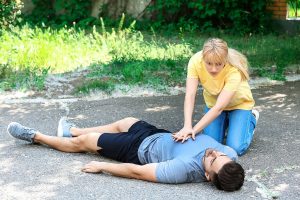










-300x200.jpg)





